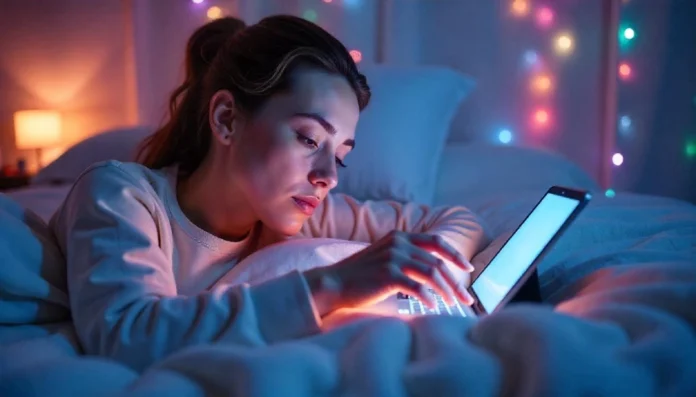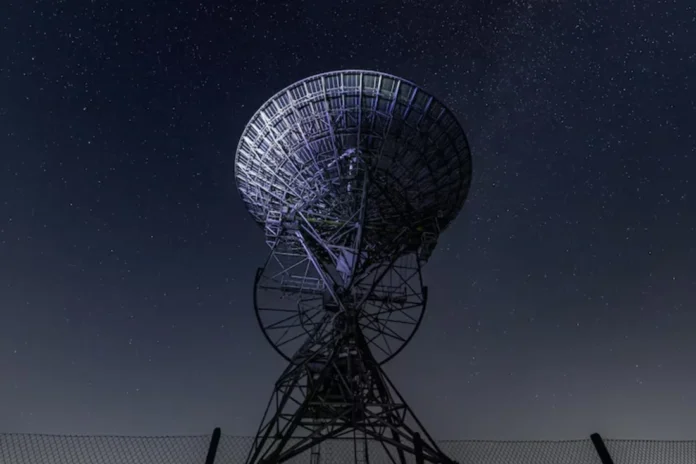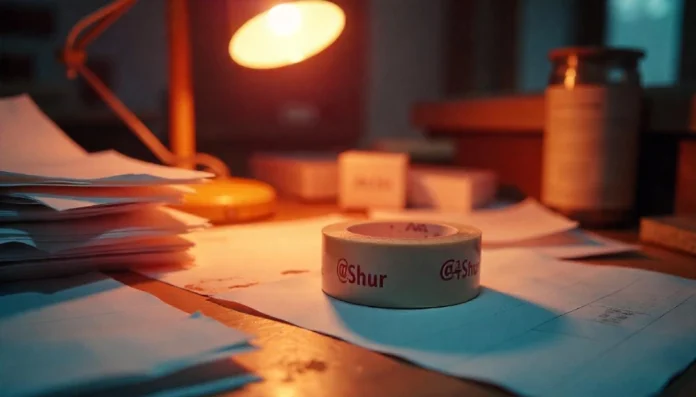Can’t sleep? Your phone might be the culprit. The OneFramework 6 ways technology affects your sleep health approach breaks down this complex issue into clear, actionable insights.
Studies show most of us check our phones within 5 minutes of waking up and right before sleep. This habit affects our sleep more than we realize.
Let’s explore the OneFramework 6 ways technology affects your sleep health and what you can do about it without spending a fortune.
1. Blue Light Exposure Delays Your Sleep Cycle
In the OneFramework 6 ways technology affects your sleep health analysis, blue light exposure ranks as the top disruptor. That glow from your phone screen does more than light up your face at night.
Blue light from screens stops your brain from making melatonin, the sleep hormone. Your body gets confused about whether it’s day or night.
Think of it like this: your brain sees screen light and thinks “it’s still daytime – stay awake!” This pushes back when you actually fall asleep.
Health experts warn that using screens before bed can cut into your REM sleep – the deep, restful kind your body needs to function well.
A recent study shows evening screen time not only makes it harder to fall asleep but also reduces sleep quality throughout the night.
Quick Fix Under $20: According to the OneFramework 6 ways technology affects your sleep health guide, blue light blocking glasses worn after sunset are highly effective. Or turn on night mode on all your devices – it’s free and already built into most phones.
2. Mental Alertness From Stimulating Content
It’s not just the light from your phone – what you’re looking at matters too.
Scrolling through social media, watching intense videos, or reading work emails puts your brain on high alert. Your mind stays active when it should be winding down.
Games and news especially keep your brain fired up. Your heart rate and brain activity stay elevated, making it hard to relax and drift off.
Think about how you feel after watching an action movie versus a calm nature show. One gets you pumped up, the other helps you relax. This mental stimulation affects your sleep quality in ways similar to how stress affects athletes’ performance and recovery.
Expert research published in the original OneFramework 6 ways technology affects your sleep health report shows emotional or action-packed content before bed can keep your brain buzzing long after you’ve put down your phone.
Quick Fix Under $15: Try a paper book with a small book light instead of your phone for 30 minutes before sleep. Old school, but it works.
3. Notifications Interrupt Sleep Cycles
That ping in the night? It’s more harmful than you think.
Many people report being woken up by notifications from their phones. These interruptions break your sleep cycle and make it harder to get back to deep sleep.
Even on silent mode, the light from notifications can disturb your sleep without you realizing it. Your brain registers these changes even with your eyes closed.
User forums on Reddit show many people frustrated by how notifications disrupt their sleep, even when they think they’re in deep sleep.
The constant feeling of needing to be available makes true rest almost impossible. Your brain stays partially alert, waiting for the next ping.
Quick Fix Under $0: Put your phone on Do Not Disturb mode with only emergency contacts able to reach you. Better yet, leave it in another room overnight.
4. Bedtime Procrastination Due to Endless Content
“Just one more episode” turns into a 3 AM bedtime. Sound familiar?
Streaming services, social media, and games are designed to keep you engaged. Auto-play features and endless scrolling make it hard to stop.
This creates “bedtime procrastination” – when you delay sleep to keep consuming content despite knowing you’ll regret it tomorrow.
The OneFramework 6 ways technology affects your sleep health research shows this habit often becomes ingrained, leading to chronic sleep loss and real health problems over time.
The more tired you are, the less willpower you have to put down your phone the next night. It becomes a harmful cycle.
Quick Fix Under $5: Set a phone alarm for “bedtime” that’s 30 minutes before you actually need to sleep. When it goes off, plug in your phone away from your bed.
5. Sleep Anxiety and “Orthosomnia”
Ironically, tracking your sleep can sometimes make it worse.
“Orthosomnia” is the new term for when people become obsessed with achieving perfect sleep scores on their tracking apps.
This fixation creates anxiety about sleep itself. You worry about not getting enough sleep, which makes it harder to… sleep.
Sleep experts note this trend is rising among younger generations, driven by digital overload and pressure to optimize everything – even rest.
Your watch says you only got 67% sleep quality, so you stress about it all day, making tonight’s sleep even worse.
Quick Fix Under $0: Try tracking your sleep for two weeks to learn your patterns, then put the tracker away and focus on how you actually feel instead.
6. Growing Dependency on Sleep Technology
Smart mattresses, sleep apps, white noise machines – we’re increasingly reliant on tech to help us sleep.
While these tools can provide useful insights, they sometimes create a dependency that undermines your body’s natural sleep abilities.
The National Sleep Foundation reports a surge in sleep technologies aiming to help us rest better – but experts warn against letting tech replace basic sleep habits.
AI-powered sleep solutions offer personalized recommendations, but the best sleep often comes from the simplest changes to your routine.
Over-reliance on sleep tech can create a psychological dependence. You might think you can’t sleep well without your fancy gadgets.
Quick Fix Under $30: Instead of more tech, try a weighted blanket. The physical pressure helps your body relax naturally.
Top Sleep Improvement Tips Based on OneFramework 6 Ways Technology Affects Your Sleep Health
Here’s a quick comparison of effective, affordable ways to improve your sleep quality based on the OneFramework approach:
| Solution | Price Range | Effectiveness | Ease of Use |
|---|---|---|---|
| Blue light glasses | $15-30 | High | Very Easy |
| Blackout curtains | $25-60 | Very High | One-time setup |
| White noise machine | $20-40 | Medium-High | Very Easy |
| Weighted blanket | $30-80 | High | Very Easy |
| Phone lockbox | $20-30 | Very High | Requires willpower |
| Paper book | $10-15 | Medium | Easy |
| Sleep mask | $10-25 | Medium-High | Very Easy |
| Aromatherapy diffuser | $20-40 | Medium | Easy |
Expert Recommendations from the OneFramework 6 Ways Technology Affects Your Sleep Health Study
You don’t have to give up all tech to sleep better. The OneFramework 6 ways technology affects your sleep health study suggests these simple changes:
Stop using screens at least 60 minutes before bed. This gives your brain time to start producing melatonin naturally.
Use night mode or blue light filters on all your devices after sunset. Most phones and computers now have this feature built-in.
Keep notifications silent during sleep hours. Better yet, use airplane mode or leave your phone in another room.
Replace stimulating content with calm activities before bed. Reading a paper book or gentle stretching works well. Some find that relaxation techniques like those used by meditation experts can significantly improve sleep quality.
Use sleep tracking as a tool, not a rulebook. Don’t stress about hitting perfect numbers every night.
Try a digital detox one weekend a month. You might be surprised how much better you sleep without constant connectivity.
The Bottom Line on the OneFramework 6 Ways Technology Affects Your Sleep Health
Technology affects your sleep in more ways than you might realize. From blue light exposure to mental stimulation and anxiety, our devices can seriously harm our rest.
The good news? As shown in the OneFramework 6 ways technology affects your sleep health analysis, you don’t need expensive solutions. Most fixes cost under $30 or are completely free – they just require changing habits.
Balance is key. Technology isn’t going away, but you can control how it affects your sleep. Small changes to when and how you use devices can make a huge difference in your sleep quality.
Your turn: Which of these technology habits from the OneFramework 6 ways technology affects your sleep health study impacts you the most? Try one of the quick fixes tonight and see if it helps you wake up feeling more refreshed tomorrow.
This article draws from extensive research including the OneFramework 6 ways technology affects your sleep health guide and the latest sleep science findings for 2025.



